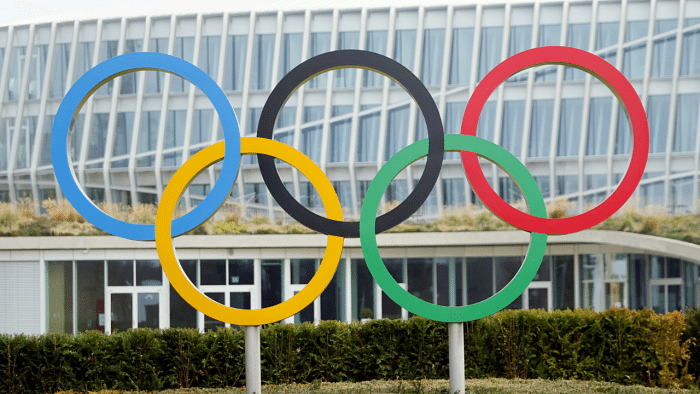
The International Olympic Committee (IOC), in association with international sports federations, published Sport-Specific Regulations (SSR) last week for the upcoming Tokyo Olympics. The SSR was developed to determine the impact of a confirmed positive Covid-19 case and its management in competition formats and structures.
The SSRs are contingency plans that will be activated in case a confirmed case appears so that all stakeholders are ready to implement these and not impact the athletes or delay the competition.
"The implementation is subject to the individual circumstances of each situation and in particular the timing at which the Covid-19 cases are confirmed relative to the start of the respective competition impacted, as well as the applicable International Federation's rules and regulations."
What does it say for different sports?
Every athlete or team that is forced to withdraw for testing Covid-19 positive will be considered as ‘did not start (DNS).’ Athletes will be tested daily.
Wrestling
In wresting, if a wrestler contracts Covid-19 infection ahead of the title clash during the Tokyo Olympics, the losing semi-finalist will get a shot at the gold medal, according to the regulations. However, there was no clarity as to what will happen to the finalist, who was at least assured of a silver medal. The wrestling competition in 18 weight categories -- six each in freestyle, women, and greco-roman -- will begin from August 1.
Shooting
The IOC has approved replacement in the mixed team shooting events of the upcoming Tokyo Games if an athlete from a participating nation tests positive for Covid-19 just before the competition. However, the same leeway has not been granted to the individual events in shooting, which will see 356 athletes from as many as 100 countries competing for glory in Tokyo, with the women's 10m air rifle and 10m air pistol events drawing maximum participants.
"For the mixed team event, in case an athlete can no longer take part in the event, but the NOC (National Olympic Committee) has another athlete on-site, the NOC can replace an athlete team member," the IOC's Tokyo 2020 Sport-Specific Regulations (SSR) stated.
Track and field
In the case of track and field, athletes who are unable to feature in a particular phase of the competition after testing positive for Covid-19 during the Tokyo Olympics will be replaced by the next-best placed competitor from the previous round, according to the Sport-Specific Regulations.
The regulations developed by the International Olympic Committee and the international federations said the athletes unable to compete due to Covid-19 reasons will not be disqualified and will be marked as DNS (Did Not Start). "As track and field events are held over multiple days, in case of an athlete being unable to compete because of a positive Covid-19 case, in track events the best next-best placed athletes from the previous round will be brought forward to replace that athlete in the next phase," the regulations said.
"For the field events where possible athletes unable to compete in the final will be replaced with the next best-placed athlete."
These rules will, however, not be applied for the 10,000m race, marathon and race walk events which are either direct final events or single races. In these cases, the races will happen with one athlete less. "The exception is for the 10,000m which is a direct final and takes place as a single race and therefore the results of the daily Covid-19 test will determine if an athlete can start, otherwise the event will go ahead with one less athlete. The minimum level of results of the athlete with a positive Covid-19 test will be recognised."
Other sports
In hockey and rugby 7s, if a team tests positive after the first round of knockout matches, they are withdrawn and the team they beat to get to the second round takes their place.
There are some events like tennis, badminton, and boxing, where if a player tests positive, the opponent receives a ‘bye’ and there is no replacement. In case this happens in the final, the player testing positive will be given a silver medal and the opponent gets gold.
In handball’s SSR, it’s mentioned that “in case a team that qualified for the final is no longer able to take part, the team that was eliminated by the Covid-19 impacted team will be promoted to the final to compete for the medal. The bronze medal match will not be played in this case.” In hockey, the SSR is similar, but it does not mention if the team that was unable to compete in the final receives a medal.
In football, the SSR simply states, “FIFA shall decide on the matter at its sole discretion and take whatever action is deemed necessary.”
Who will conduct the tests?
Each contingent has an appointed ‘Covid Liaison Officer’ (CLO), whose task is to ensure samples of every individual from that country are collected and submitted on time.
Check out DH's latest videos: